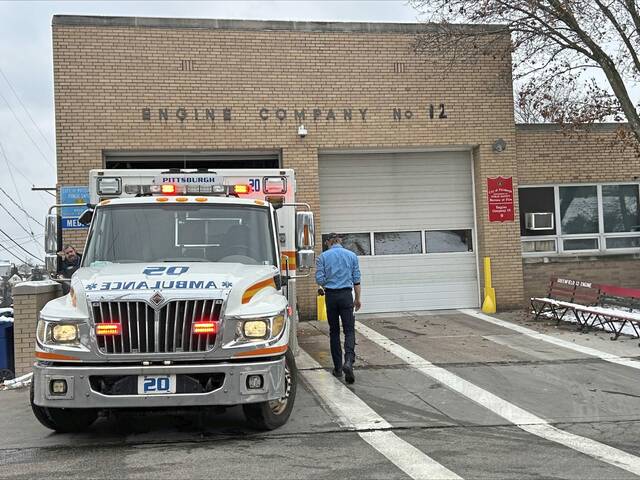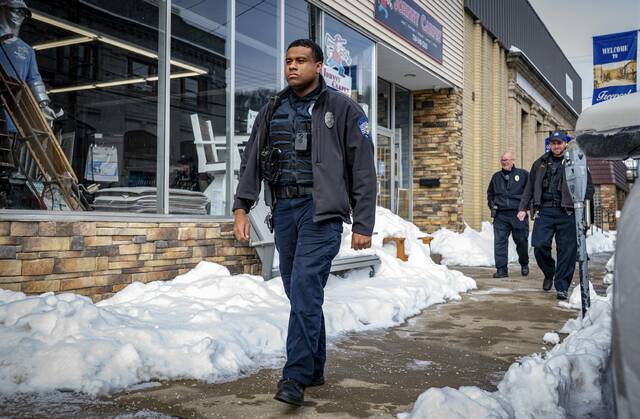The people of Pennsylvania’s 45th district are supposed to determine who their state senator is.
Ideally, they would consider the issues, look at the candidates, review their ballot and make a decision. The people who win in the primary would move forward to the general election, and the one with the most votes wins. It should be very straightforward.
Trust government to take something simple and make it convoluted.
Here it is, six weeks after the November elections, and no one knows who will represent the 45th district come January.
It stems from the increased mail-in voting. “No excuse” mail-in voting was made legal in the election reforms of Act 77, passed in October 2019. The new law allowed all Pennsylvanians to utilize absentee balloting without the excuse of illness or being far from home. At the time, it didn’t seem like that provision of the act would have as much of an impact on the 2020 elections as the elimination of straight-ticket voting.
But the pandemic made mail-in voting a safe and logical option. As the number of people voting by mail mushroomed, so did potential problems.
In the 45th district, the issue was the date. Mail-in voters place their completed ballot in a “secrecy envelope” and then the mailing envelope. On the back of the mailing envelope, voters are told to sign and print their name, and provide their address and the date of mailing. Some voters simply forgot to write down the date.
The district straddles Allegheny and Westmoreland counties. The problem? Allegheny’s board of elections decided to accept the ballots without the date. Westmoreland didn’t. This created an imbalance where voters in one area were held to a different standard than another.
A federal judge will make a decision on whether to count the disputed ballots and send incumbent Democrat Jim Brewster of McKeesport back to Harrisburg, or tap in Republican Nicole Ziccarelli of New Kensington. The 2,300 ballots in dispute could tip Brewster’s tenuous lead in Ziccarelli’s direction.
What that judge will do is not something Pennsylvania’s lawmakers can fix. They can, however, take steps to clear up the confusion.
When the Pennsylvania Supreme Court ruled on the issue, the majority said the date might be required ostensibly to ensure qualification, but what really matters is the date stamp from the elections board’s receipt of the ballot.
So now the state should consider whether that date is important — or whether it is an unnecessary hurdle. Lack of clarity could disenfranchise not just the voter who cast that ballot but every voter who participated in the election when a legal challenge places the decision in a judge’s hands.
And what happens when the next contested race isn’t in a Senate race straddling two counties, but a statewide one that encompasses 67?
Pennsylvanians will vote again in May. The state should figure this out before that happens.








